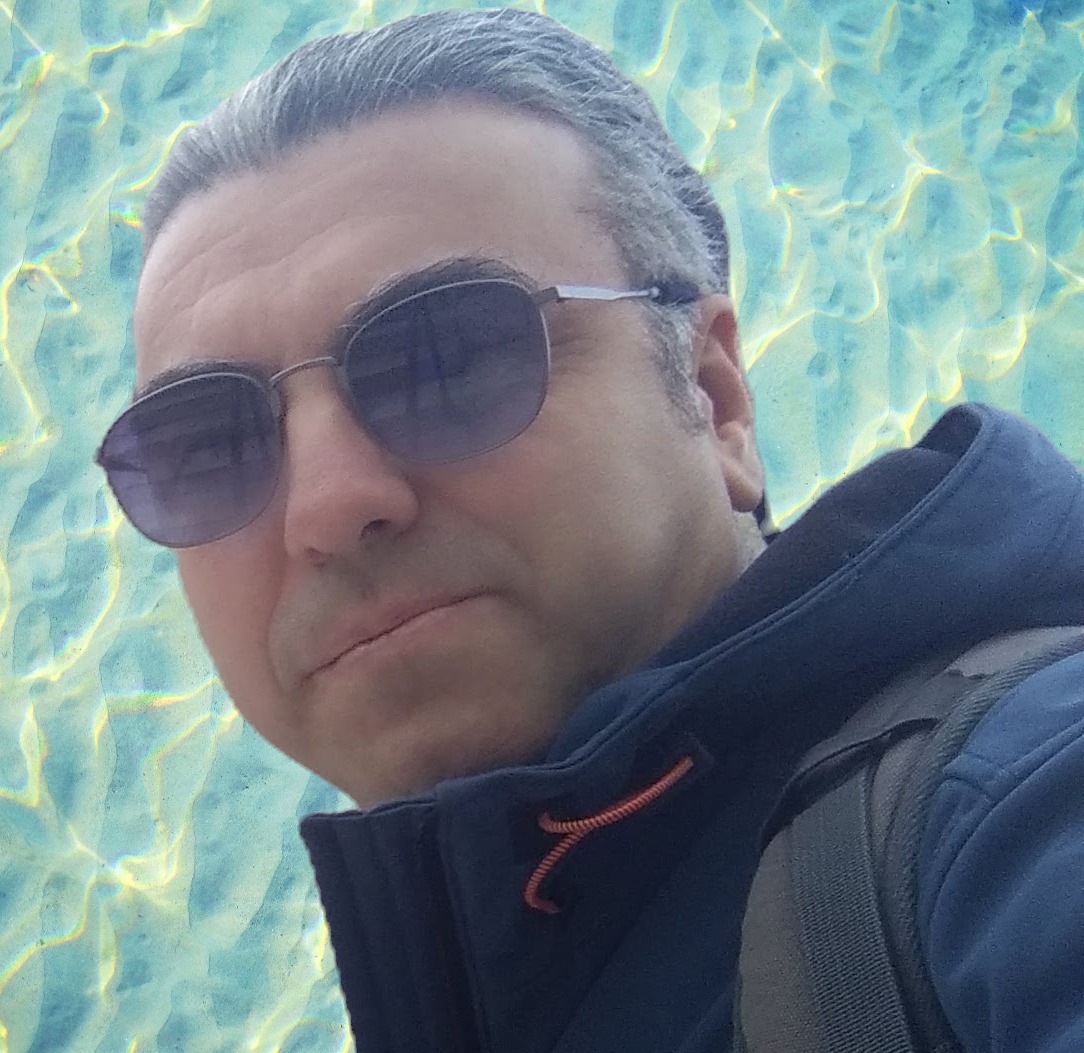CIVILIZATION IS BORN FROM ANATOLIA ...
- Gökhan Demir

- May 1, 2021
- 3 min read

Dear Friends,
The title sentence does not belong to me.
The bottom of the sentence, both with field studies and hundreds of scientific articles published.
and especially our esteemed teacher, Archaeologist Prof. Dr. It belongs to Fahri Işık.
The most frequently asked questions to us guides are:
What is the historical background of the country?
- Which civilizations has it hosted?
-What languages have been spoken?
-Who were these civilizations founded by?
- What sort of order do these civilizations have in terms of politics and economy?
Is it actually curious or is it asked with preconceptions? Especially our brothers who have been touring the tourist groups coming from European countries around Anatolia for years know much better. Prejudiced approaches are seen in an effort to squeeze us guides with ethnic and religious questions. Let's get to our topic. We know that Europe sees the foundations of its technical and economic development in the Ancient Greek Civilization. Since he could not find the findings to base this on the territory of today's Greece, he searches in Anatolia. Greek communities in Western Anatolia BC. It is said that since the 8th century, it has cultivated its civilizations here with its language, culture, myths, and more importantly, its philosophy and its democracy.
Evidence for this thesis is always sought in archaeological researches that started semi-robbery and semi-serious since the 19th century.
While Henrich Scleimann razed Troy like a treasure hunter, his bedside book is Homer's Iliada.
What does not surprise us is that this paradigm has not changed, regardless of the findings.
This is the situation that our Fahri Işık Teacher has been complaining about for years.
While studying science, it creates a paradigm with the findings it obtains.
When new findings are obtained, old theses are updated for scientific reasons and, if necessary,
it is canceled and a new paradigm is created.
However, for some reason, the thesis defended does not change, regardless of the findings obtained in the excavations carried out by European archaeologists in Western Anatolia.
Even the European who objectively evaluates the findings, he is excommunicated from the scientific circles.
As soon as he writes, publications are not published, printed and ignored. Example hostility to Eberhard Zangger.
https://luwianstudies.academia.edu/EZangger
The scientist who conducted the study is ignored anyway from Turkey.
The main thesis of our Fahri Işık is that, according to the latest findings, the roots of the civilization called Eastern Greek in Western Anatolia already existed in Anatolia thousands of years ago.
Especially the excavations in the ancient cities of Patara Xanthos Letoon in the Lycian region reveal that the Lycian region was called Lukka with its former name, Luwian, the language spoken by the people is Luwian, and the existence of languages such as Lycian, Karca, and Sidec are also spoken in Anatolia.
In the Hittite texts of Troy, we know that Wılusha, Ephesus is Apasa, and Miletos is Miluwanda.
However, our teacher insistently emphasizes that the written language of the region is Greek, which does not prevent local languages from being written in the Hellenic alphabet.
Miletos is very valuable and it is true that he established colonies, but he is from Anatolia.
The use of greek is also valuable enough to prove that it is greek.
Just as the Seljuk, who used Persian in official correspondence, did not have Persian.
For those who are curious, our teacher talks at length on Aktüel Archeology Youtube channel. With his arguments, his findings.
I add link.
https://www.youtube.com/watch?v=AswOoWIvKrQ
Also, let me remind you that his book is still in print.
I only became aware of it today and ordered it immediately.
As for why I wrote the article right away, as a guide, I would like to give correct information while giving information like all my colleagues and first believe what I am saying.
The facts that our teacher Fahri Işık reminded with scientific findings are actually the ones that Cevat Şakir Kabaağaçlı, known as Halicarnassus Fisherman, Sebahattin Eyüboğlu, Azra Erhat always focused and insisted on writing.
However, because of Western-centered academic approaches, the truth that has been kept in the name of Anatolianism for years, ignored, and humiliated as romantic nationalism is now
We have come to the time when it started to appear obvious.
Sultan Mehmet the Conqueror saw this truth, Atatürk saw it, and both leaders saw their presence in these lands as the continuation of Hector of Troy.
The first was in the conquest of Istanbul, and the second in the aftermath of the Dardanelles War, reminded Hector of Troy.
Let's not forget that
The name of the British Battleship, which started the naval attack in the Gallipoli War, was Agamemnon.
Now is the time for the truth to emerge and the square is not empty at all.







Comments